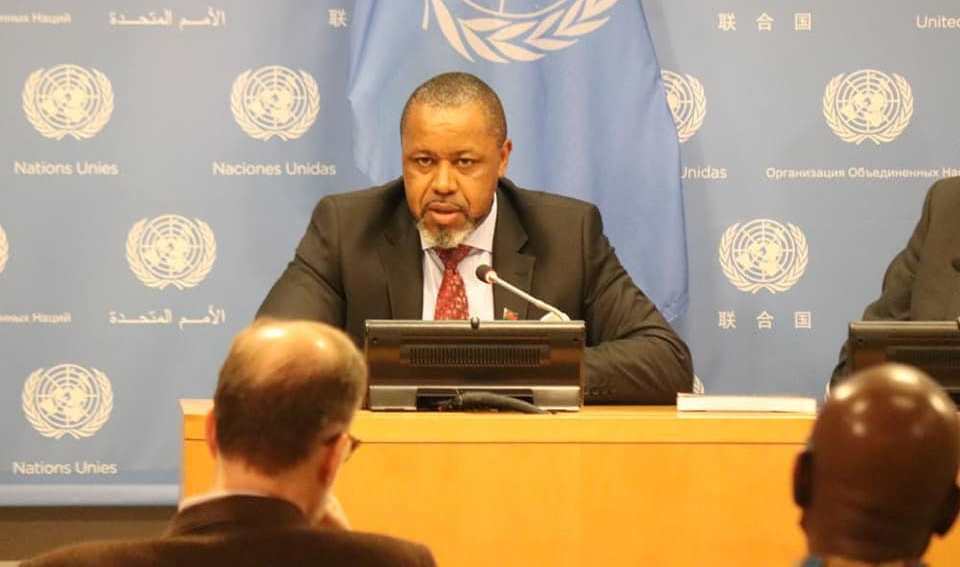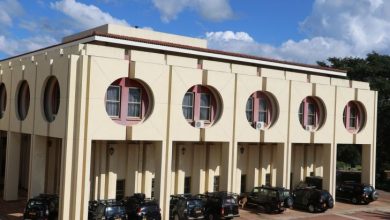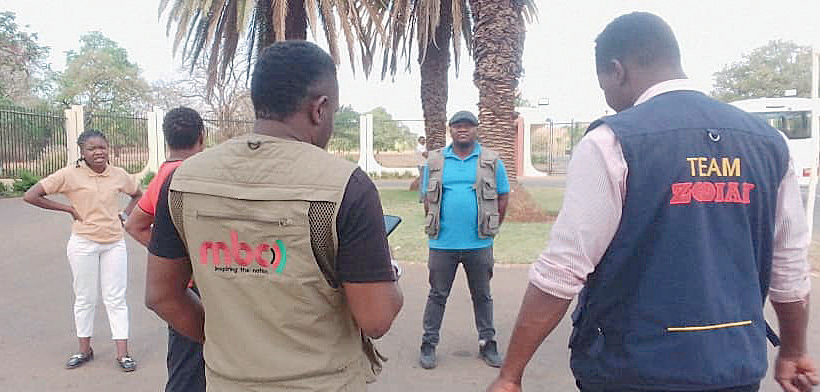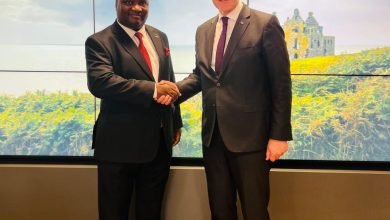Chilima free toperform other duties
Vice-President Saulos Chilima still retains some responsibility as conferred to him by the Constitution despite President Lazarus Chakwera withholding his delegated functions, experts have clarified.
The experts, who include the Malawi Law Society (MLS) and University of Malawi law professor Garton Kamchedzera, gave the clarification in separate interviews against the background of the Veep’s meeting with diplomats in his official capacity this January and February.
Among others, the meetings, discussed the Public Sector Reforms which he was delegated to head prior to the President’s decision to withhold the delegated functions.
The President withheld the Vice-President’s delegated functions following his implication in United Kingdom businessperson Zuneth Sattar’s alleged fraudulent business deals with the Malawi Government.
In an interview last week, Kamchedzera said the Vice-President cannot presently be delegated by the President.

He said: “The functions of the Vice-President emanate from three sources. These include the Constitution, Acts of Parliament and the President.
“The delegated functions pertain to the President only, not the entirety of all the functions of that office.”
The President’s decision to withhold delegated functions followed an Anti-Corruption Bureau (ACB) report that implicated the Vice-President to have allegedly benefited corruptly from Sattar.
MLS honorary secretary Chrispin Ngunde said in a separate written response that although Chakwera withheld Chilima’s delegated functions, he still performs his normal duties.
“As a member of Cabinet, for example, the Vice-President under Section 98 [a] to [g] of the Constitution has a number of functions which may accommodate the meetings he has been holding with the diplomats,” he said.
Ngunde further said the decision by the President to withhold the Vice-President’s delegated powers was envisaged under Section 98 (h) or those not specified in the Constitution.
On January 26 2023 Chilima in his official capacity held discussions with United Nations (UN) resident coordinator for Malawi Rebecca Adda-Dontoh at his office at Capital Hill.
It is at this meeting where Chilima and the diplomat discussed issues pertaining to the Public Sector Reforms as well as Malawi 2063 (MW2063), the country’s long term development agenda.
After the discussions, Chilima wrote on his official social media pages that government appreciates the UN support towards the Public Sector Reforms.
Wrote Chilima: “I particularly expressed my appreciation to the UN family for the continued support to the Malawi Government, especially on Public Sector Reforms.
“I further recalled the technical and financial support that the UN through UNDP [United Nations Development Programme] provided to the Government of Malawi for us to achieve implementation of national ID’s [identity cards] after several years of stagnation.”
Then on February 14, the Vice-President also hosted Japanese Ambassador Yoichi Oya who paid a courtesy call to the latter at his Capital Hill office.
At this meeting, the pair discussed the technical and humanitarian responses that the Malawi Government continues to receive from Japan.
The Vice-President was named among 53 other public officials implicated in the ACB report on Sattar.
But due to the Vice-President’s office being unique as per its establishment as regards the Malawi Constitution, Chakwera said suspending him is not provided for.
He said: “As such, the best I can do for now, which is what I have decided to do, is to withhold from his office any delegated duties while waiting for the bureau to substantiate its allegations against him and to make known its course of action in relation to such.”
On November 25 2022, the ACB arrested Chilima and charged him with six counts of corruption for allegedly receiving $280 000 (about K290 million) from Sattar.
He was later released on court bail the same day and some of the conditions for his release included a K1 million bond, surrendering travel documents, reporting to ACB every three months, and only leaving the country upon the court’s approval.
He faces three counts of corrupt practices by a public officer contrary to Section 24 (1) of the Corrupt Practices Act and two counts of receiving advantage for using influence in regard to contracts contrary to Section 29 (1) (b) of the Corrupt Practices Act.
The sixth count is failing to make a full report to a police officer or an officer of the ACB that an advantage had been corruptly given contrary to Section 36 (1) of the Corrupt Practices Act.





